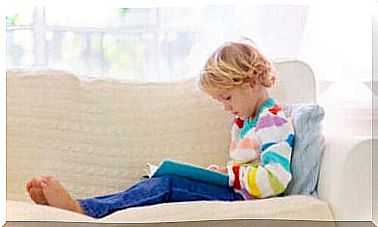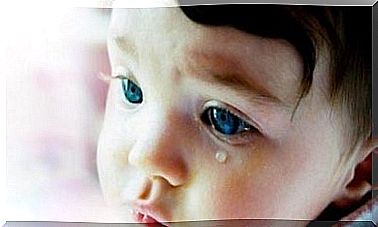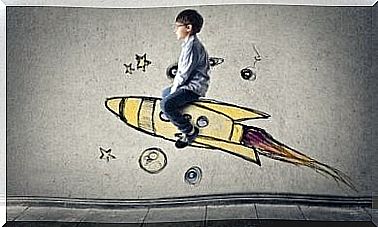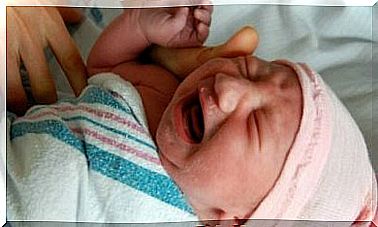Corporal Punishment Affects Your Child’s IQ
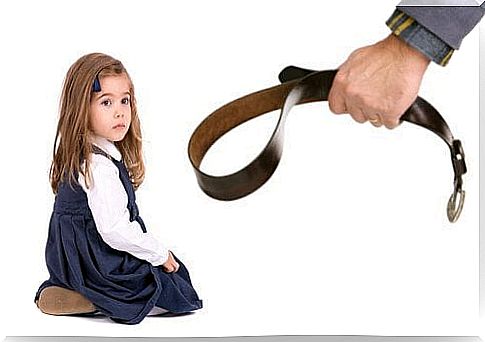
When we are born, we have similar reactions to the stimuli we experience in life: joy, surprise, anger, distress, shame, and corporal punishment. As we grow older, these responses merge with our own experiences, to give shape to a complex emotional life.
Children’s emotional well-being deteriorates when they are abused. In most cases, corporal punishment comes along with harsh words that affect their self-esteem. They become depressed and avoid contact with family members and friends. Anxiety and negative self-image can develop and affect how the child perceives himself, as a person.
Uncertainty in turn leads to poor academic performance and understanding of school subjects, creating serious knowledge gaps. This makes the parents angry and the cycle of abuse and corporal punishment continues.
Even in developed counties, there are still a large number of adults who recognize physical punishment, despite the evidence pointing out that not only does it not work, it actually makes things worse. In addition, there are more effective alternatives.
Corporal punishment involves the use of force, causing pain and discomfort to the child, to correct their behavior.
It is important to take into account that the vast majority of parents who beat their children were also abused by their own parents.
But all punishment is unfortunate: all punishment in itself is evil.
-Jeremy Bentham-
Corporal punishment not only causes immediate pain for children; it can also give rise to traumas that remain with them throughout life. One aspect of this, according to a study conducted by researchers in the United States, is a reduction in IQ, which will prevent their performance in all activities that they try to perform in their adult lives.
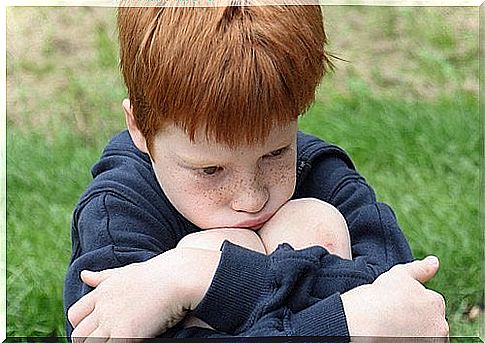
Effective alternatives to corporal punishment
There are many different ways for parents to gain insight into their children’s development, which in some cases can reduce the frustration and helplessness that often leads to corporal punishment. One of the most useful ways to do this is by promoting words instead of actions.
Let’s take a look at some ways to do this:
- You can use words instead of actions, by talking to your child about what kind of behavior is acceptable and unacceptable; What is dangerous and what is not.
- Listen to your child to find out why they did something, or stopped doing it. By letting them explain their reasons, you strengthen their decision-making ability.
- The word “discipline” comes from the Latin “discere”, which means to learn. In childhood behavior, this has a special significance. Children’s behavior is closely linked to their emotions. Therefore, discipline is a process that involves learning about behavior and the emotions that cause it.
- Improve children’s self-esteem by praising them when they behave well.
- Make rules and enforce them without aggression.
- Show your child lots of love and affection.
- Children identify with their parents, so be a good example. They tend to mimic both actions and words. How parents behave, talk and act has a big impact on their children’s development.

Corporal punishment has limited effectiveness and can potentially have very harmful side effects. Parents should be helped and encouraged to develop methods other than beating, to control unwanted behavior.
If we really want a society with lower levels of aggression and violence, it is not good to start by promoting corporal punishment.
